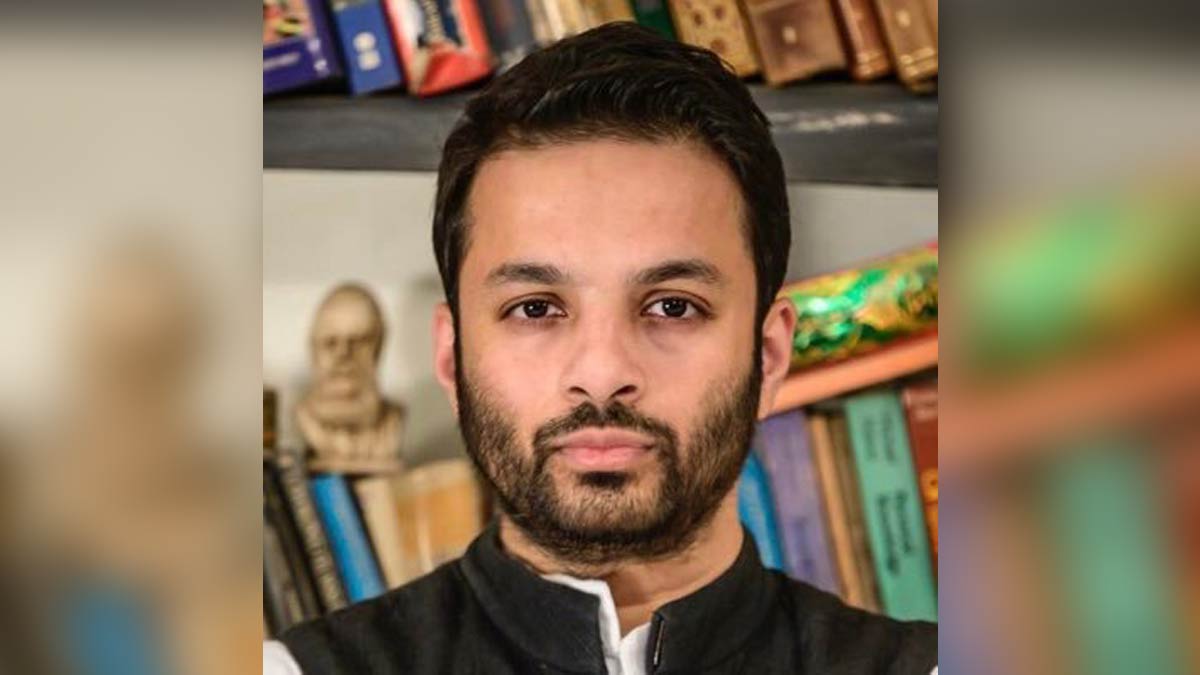Operation Sindoor post: SC grants interim bail to Ashoka University professor Ali Khan Mahmudabad

The Supreme Court on Wednesday granted interim bail to Ashoka University professor Ali Khan Mahmudabad, who was arrested over a Facebook post commenting on Operation Sindoor, India’s military retaliation against Pakistan following the Pahalgam terror attack.
Mahmudabad, in his post on social media condemned terrorism allegedly supported by Pakistan, advocated against war, and criticised the glorification of military actions without corresponding ground-level change. He also called on right-wing supporters to speak out against domestic issues such as mob lynchings.
A bench comprising Justices Surya Kant and N. Kotiswar Singh granted Mahmudabad interim relief while refusing to stay the ongoing investigation. The Court declined to quash two FIRs registered by the Haryana Police but directed that Mahmudabad be released on bail upon furnishing a bond to the satisfaction of the Chief Judicial Magistrate, Sonipat.
"There will be only one set of bail bonds for both FIRs," the Court clarified.
As part of the bail conditions, the Supreme Court imposed several restrictions on Mahmudabad, he is barred from making any public comments written or verbal related to the subject of the ongoing investigation. He is also prohibited from commenting on India’s counter-terrorism response or related national security matters. He must surrender his passport.
The top court also ordered the formation of a Special Investigation Team (SIT) to take over the probe, replacing the Haryana Police. The SIT will be composed of three IPS officers, none of whom can be from Haryana or Delhi. One of the members must be a woman officer, and the team will be headed by an Inspector General of Police.
“To properly assess the language and intent of the posts, we deem it fit to constitute an SIT,” the Court noted.
During the hearing, the bench expressed concern over the tone and implications of Mahmudabad’s comments.
“Some of the language used could have dual meanings,” Justice Kant observed, stressing that while Mahmudabad’s opposition to war might be genuine, the choice of words needed closer scrutiny.
Senior Advocate Kapil Sibal, appearing for Mahmudabad, argued that the post was patriotic in nature and highlighted the human cost of war, especially on military families.
“He ends his post with ‘Jai Hind’,” Sibal pointed out.
However, the bench remained unconvinced and said, “This is not the time to seek attention or popularity. The country is mourning. This is about national unity.”
“With his academic standing, Mr. Mahmudabad should have been more responsible. Words can be powerful, and using language that may insult or alienate others is inappropriate,” Justice Kant added.
The Court also questioned the substance of the complaint made by the Women’s Commission, asking for clarity on where Mahmudabad had insulted women officers.
“Show us where he insulted Colonel Sofiya Qureshi. If such comments exist, they are serious,” the Court said asking the Additional Solicitor General S V Raju appearing for the investigating agency to probe the matter further while issuing notice.
Mahmudabad was arrested by Haryana Police on May 18 in Delhi and remanded to two days of police custody, later shifted to judicial custody. Two separate FIRs were registered in connection with his social media post:
The first FIR was based on a complaint by Yogesh Jatheri, invoking provisions under the Bharatiya Nyaya Sanhita (BNS), including Sections 196 (promoting hatred), 197 (prejudicial assertions against national integration), 152 (endangering national unity), and 299 (culpable homicide).
Whereas second FIR was filed by Haryana State Women’s Commission Chairperson Renu Bhatia, including charges under Sections 353 (public mischief), 79 (insult to modesty), and 152. The Commission alleged that Mahmudabad’s remarks were offensive to women officers in the Armed Forces and promoted communal discord.
India